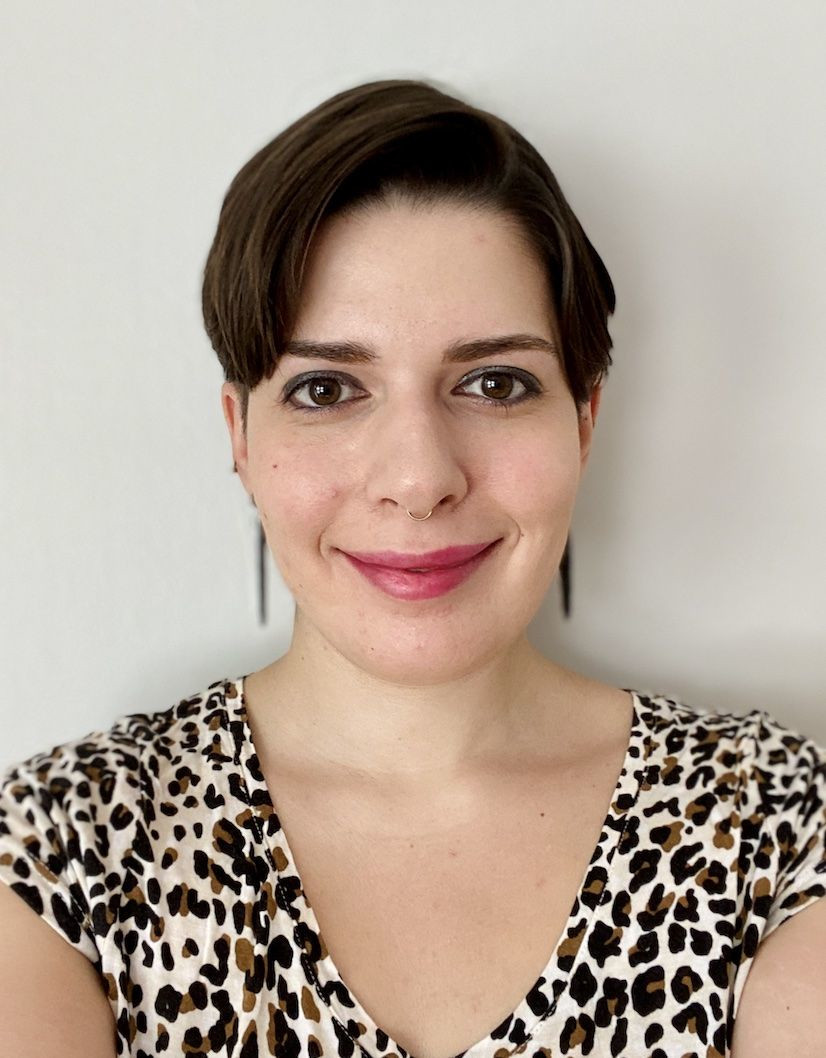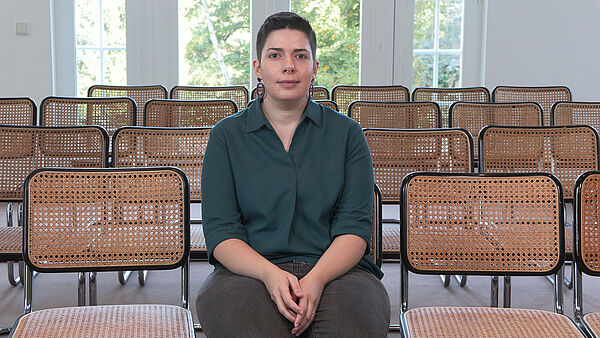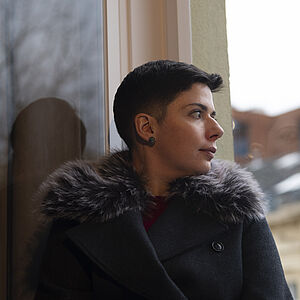
Rachel Gregor, Ph.D.
Chemistry
Massachusetts Institute of Technology, Cambridge
from September to December 2024
Born in 1990 in New York City, N.Y., USA
B.Sc. in Chemistry and Ph.D. in Chemistry from Ben-Gurion University of the Negev
Fellowship
College for Life Sciences
Arbeitsvorhaben
Finding Organizing Principles for the Chemical Diversity of Marine Microbes
Small molecules are the currency of the microbial world, as their production, consumption, and exchange underpin the most basic processes of microbial existence. Marine microbes synthesize an astonishing chemical diversity of these molecules (or “metabolites”), with hundreds of novel structures of unknown function discovered each year. This is likely still but a fraction of the true chemical repertoire of marine microbes: a recent study detected tens of thousands of genes encoding for metabolite production in global seawater samples, including many that are uncharacterized. These metabolites are termed “specialized” both in their proposed functions and in their occurrence in the tree of life, for example as antibiotics and communication signals.There remains a striking gap between this wealth of new chemical and genomic data and our limited understanding of the impact of chemical diversity in the environment. These molecules are often decontextualized or overlooked: chemists prioritize novel chemistry and biomedical potential, while microbiologists focus on common metabolites with more clear-cut biological roles. The comparatively few ecological studies of specialized metabolites usually describe a specific molecule produced by a single bacterial species, making it difficult to generalize.
During my fellowship, I will create a framework to systematically categorize the wide diversity of metabolites produced by marine microbes. I will combine literature across fields to find links between the chemical properties, biology, and ecology of specialized metabolites. This project will identify different resolutions and lenses to understand these metabolites in the environment and for ecology-based drug discovery. Formulating unifying principles to give context to these studies will help to prioritize which new metabolites to study, generate hypotheses for their roles in the environment, and open possibilities for potential therapeutic and bioindustrial applications.
Recommended Reading
Gregor, Rachel, Maraike Probst, Stav Eyal, Alexander Aksenov, Goor Sasson, Igal Horovitz, Pieter C. Dorrestein, Michael M. Meijler, and Itzhak Mizrahi (2022). “Mammalian Gut Metabolomes Mirror Microbiome Composition and Host Phylogeny.” The ISME Journal 16: 1262–1274. https://doi.org/10.1038/s41396-021-01152-0.
Gregor, Rachel, Gabriel T. Vercelli, Rachel E. Szabo, Matti Gralka, Ryan C. Reynolds, Evan B. Qu, Naomi M. Levine, and Otto X. Cordero (2023). “Vitamin Auxotrophies Shape Microbial Community Assembly in the Ocean.” Preprint, posted June 27, 2024. bioRxiv. https://doi.org/10.1101/2023.10.16.562604.
Kolloquium, 19.11.2024
Small Molecules with Big Impact? A Chemist’s View of the Microbial World
It is an exciting time to be a microbiologist. Recent technological advances in genomics and mass spectrometry have enabled data collection at unprecedented scale, leading to many new insights into microbial biology and chemistry. However, translating these findings to the community context has proven more challenging—how do individual microbes interact to determine community function and ecology?
My work explores chemically mediated interactions as key, often overlooked forces that shape microbial communities. I focus on specialized metabolites, a broad category that includes antibiotics and many other compounds that benefit humanity.
Here, I will give an overview of specialized metabolites and discuss ways to determine their roles in microbial communities. I will focus on some of the open questions and challenges we face in understanding community function and ecology.
Publikationen aus der Fellowbibliothek
Gregor, Rachel (Cold Spring Habor, 2023)
Vitamin auxotrophies shape microbial community assembly in the ocean
Gregor, Rachel (Basingstoke, 2022)
Mammalian gut metabolomes mirror microbiome composition and host phylogeny
Köpfe und Ideen 2025
Von Mikroben und Großvätern
ein Porträt von Rachel Gregor von Manuela Lenzen

